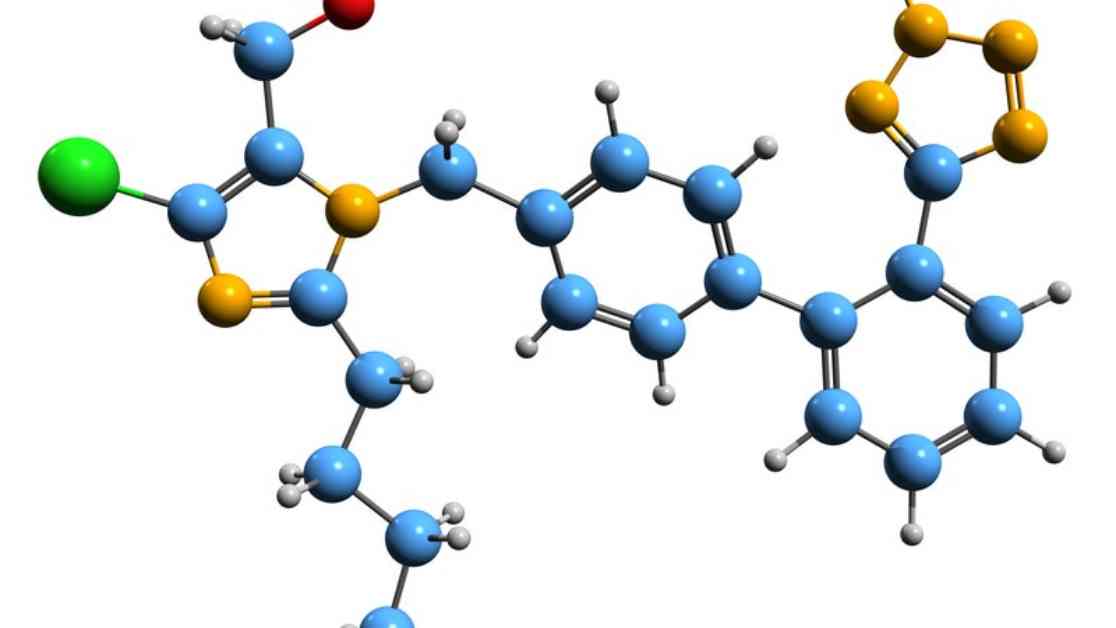A new study involving over two million patients suggests that angiotensin receptor antagonists (ARA2), specifically losartan, may be associated with a lower risk of epilepsy in patients with hypertension but no history of stroke or cardiovascular disease. The study, published in JAMA Neurology, found that ARA2, particularly losartan, may have a lower incidence of epilepsy compared to ACE inhibitors, beta-blockers, and DHP calcium channel blockers.
The researchers noted that while previous studies have shown that losartan can block the activation of astrocytes and maintain the integrity of the blood-brain barrier, more randomized clinical trials are needed to establish the anti-epileptogenic properties of antihypertensive medications.
In this study, data from over 20 million individuals enrolled in American health plans or Medicare Advantage programs were analyzed. The researchers estimated propensity scores based on the likelihood of receiving ARA2, ACE inhibitors, beta-blockers, or calcium channel blockers. Subgroup analyses by sex and age group were conducted, as well as analyses for patients with or without a prior diagnosis of stroke or cardiovascular disease.
Overall, 2,261,964 patients who started taking antihypertensive medications between 2010 and 2017 were included in the study. The most common class of antihypertensive drugs was ACE inhibitors, followed by beta-blockers, calcium channel blockers, and ARA2. Patients with a history of epilepsy or who had been prescribed anti-epileptic medication within a certain timeframe were excluded from the study.
The use of ARA2 was associated with a lower incidence of epilepsy compared to the use of ACE inhibitors, beta-blockers, or other classes of antihypertensive drugs, but not with calcium channel blockers. Losartan specifically showed a consistent lower incidence of epilepsy compared to other ARA2 agents. Additional analyses revealed a reduced risk of epilepsy with ARA2 compared to DHP calcium channel blockers, but not non-DHP blockers.
The authors discussed a potential mechanism for these findings, citing animal studies that demonstrate the anti-epileptic effects of losartan through the suppression of certain signaling pathways. The renin-angiotensin system, which plays a role in regulating blood pressure, is also increasingly recognized as a key regulator of epilepsy susceptibility.
While the study had some limitations, such as unmeasured potential biases and the use of data from private health plans, the results suggest that ARA2, particularly losartan, may offer protective effects against epilepsy. Further research, including randomized clinical trials, is needed to confirm these findings and explore the underlying mechanisms.
The study did not report any funding sources, and the lead author disclosed no relevant financial relationships. The translation of this article was done using editorial tools, including AI, to ensure accuracy and clarity in the content.




















